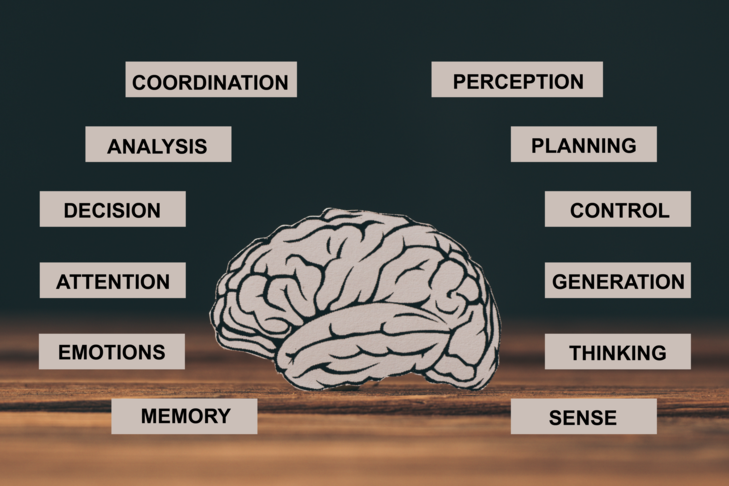Cognition and learning
The SEND Code of Practice (2014) states that there are four primary areas which cover
1.Cognition and Learning
Students may have difficulties with the skills needed for effective learning such as use of:
- Language, memory, and reasoning skills
- Sequencing and organisational skills
- An understanding of number
- Problem-solving and concept development skills
- Fine and gross motor skills
- Independent learning skills
- Exercising choice
- Decision making
- Information processing
Specific needs that are included in this are:
- Moderate Learning Difficulties: Moderate learning difficulties also known as MLD is a disability that affects someone’s time to prosses information from most commonly reading and writing. Some other disability that most commonly have this might include dyslexia, ADHD, or dyspraxia. Some ways that we can support people with MLD is giving them a laptop to find different information to support them, give them extra time on test and activities and have an Extra member of staff in classroom to support them in lessons. What are Moderate Learning Difficulties? – Teaching Wiki (twinkl.co.uk)
- Severe learning difficulties also known as SLD is a condition witch people may suffer with significant intellectual or cognitive impairments. SLD may affect their ability to participate in the school curriculum without support. Learners with SLD may also have difficulties in mobility and co-ordination, communication and perception and the acquisition of self-help skills. They may also require teaching of self-help, independence, and social skills. Some pupils may communicate using signs and symbols, but most will be able to hold simple conversations. Some way that school could help people with SLD is by, having people in their lessons to support them and Getting IT support with schoolwork and/ or a communication barrier… Severe Learning Difficulties (SLD) | CCEA
- Dyslexia is a common learning difficulty that causes problems with reading, writing, and spelling. It is a specific learning difficulty, which means it causes problems with certain abilities used for learning, such as reading and writing. Dyslexia is a lifelong problem that can present challenges daily, but support is available to improve reading and writing skills. Some things that can be implemented at school to support them is by giving them a cooled overlay, changing coolers in books to make fonts clearer and have an intervention to support their spelling. Dyslexia – NHS (www.nhs.uk)
- Dyscalculia is a specific and persistent difficulty in understanding numbers which can lead to a diverse range of difficulties with mathematics. It will be unexpected in relation to age, level of education and experience and occurs across all ages and abilities. Mathematics difficulties are best thought of as a continuum, not a distinct category, and they have many causal factors. Some way that we can support people with Dyscalculia is by giving extra support in lessons and intervention in form time once a week. Dyspraxia Foundation
- Attention deficit hyperactivity disorder (ADHD) is a condition that affects people’s behavior. People with ADHD can seem restless, may have trouble concentrating and may act on impulse. Symptoms of ADHD tend to be noticed at an early age and may become more noticeable when a child’s circumstances change, such as when they start school. Most cases are diagnosed when children are under 12 years old, but sometimes it is diagnosed later in childhood. Sometimes ADHD was not recognized when someone was a child, and they are diagnosed later as an adult. The symptoms of ADHD may improve with age, but many adults who were diagnosed with the condition at an early age continue to experience problems. Some way that we can help people with ADHD is by giving them exit passes to give them time to relax from a stressful time and give extra support in and out of lessons to check in and see if they are ok. Attention deficit hyperactivity disorder (ADHD) – NHS (www.nhs.uk)

Image from www.futurelearn.com

